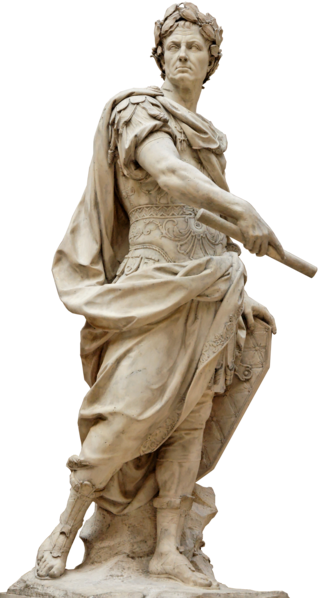Comparison of Interlingua and Latin / Comparación de interlingua y latín.
Thursday, July 10, 2008

I was taking a look at the Bibliotheca electronic on interlingua.com just now, and happened across a document that I had forgotten about called Notas sur le historia de Roma (Notes on the history of Rome) that is written with Interlingua on one side, and traditional Latin on the other. It's available here along with all the other books but I believe one needs to sign up before these documents can be downloaded. Interlingua.com is completely nonintrusive and never sends email so there's no problem signing up there.
In the beginning of the document it says that:
Es permittite citar in recensiones con indication del fonte. (Citing in reviews is permitted with an indication of the source)
so I'll cite a page from the document.
| Interlingua | Latin |
|---|---|
| Romulo e Remo | Romulus et Remus |
| Multe reges regnava post Ascanio, le filio de Aeneas. Un ex illes, Proca, habeva duo filios, Numitore e Amulio. Ille dava su regno a Numitore, qui esseva le plus vetule. Ma post exiliar su fratre, Amulio regnava. Ille occideva le filio de su fratre e faceva Rhea Silvia un virgine vestal. | Multo reges post Ascanium, Aeneae filium, regnaverunt. Unus ex his regibus, nomine Proca, duos filios Numitorem et Amulium habebat. Numitori, qui maior erat, regnum reliquit; sed Amulius, expulso fratre, regnavit. Filium fratris interfecit et Rheam Silviam, Numitoris filiam, sacerdotem Vestae fecit. |
| Rhea partiriva a duo filios gemine, Romulo e Remo. Post discoperir isto, Amulio la incatenava e poneva le infantes in su corbe e les jectava a in le Tibere, que tunc disbordava su litores. | Rhea geminos Romulum et Remum peperit. Ea re cognita, Amulius ipsam in vincula coniecit, parvulos alveo impositos abiecit in Tiberim, qui tunc super ripas abundaverat. |
| Post que le aqua del fluvio recedeva, lor corbe se trovava in terra sic in un area remotissime. Un lupa, secundo le tradition, curreva al corbe del pueros, les leccava con su lingua, e deveniva lor matre adoptive. | Flumine recedente, alveus in sicca terra erat. Vastae tum in eis locis solitudines erant. Lupa, ut fama traditum est, ad puerum vagitum cucurrit, pueros lingua lambit, et se matre eis obtulit. |
| Proque le lupa sempre retornava al pueros infante, Faustulo, le pastor regal, les trovava e les portava a su cabana e les dava a su femina pro educar les. Post devenir adolescentes, illes comenciava a vagar in le foreste. Illes deveniva latrones. E, cargate con butin, illes retornava al pastores e lo divideva inter illes. | Cum lupa saepe ad parvulos reverteretur, Faustulus, pastor regius, eos invenivit tulitque in casam et uxori dedit educandos. Cum adoleverunt, silvas pererrare coeperunt. In latrones praeda onustos impetus fecerunt et pastoribus praedam diviserunt. |
You can see that the vocabulary is quite similar in most places though certainly not exactly the same, but the sentence structure is extremely different. In the 21st century though with most familiar with English word order, this is probably a good thing.
I'm not sure though why the UMI (Union Mundial pro Interlingua) isn't more aggressive in its approach, in the same way that dnghu.org has been. The latter has sent copies of their grammar to tons of universities throughout Europe (and even got a response from the Sovereign Order of Malta), and they don't even have a single speaker yet. Interlingua could easily do the same. I think I'm going to start a thread on Auxlang about that.






0 comments:
Post a Comment